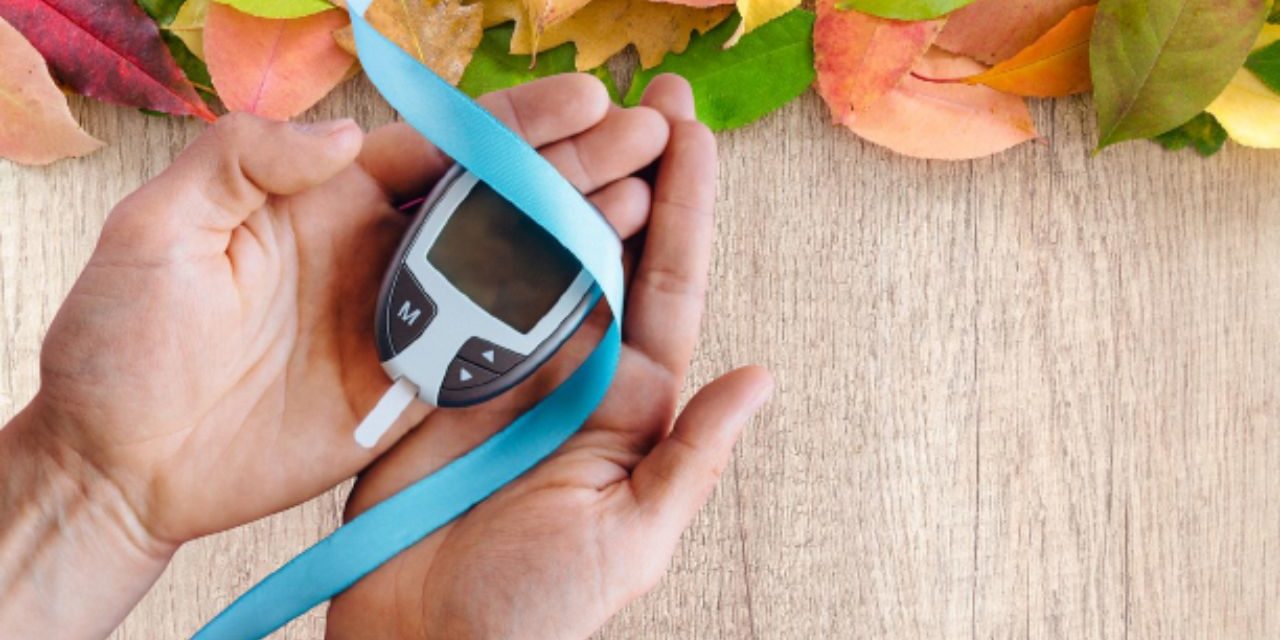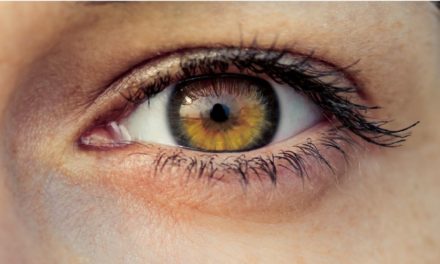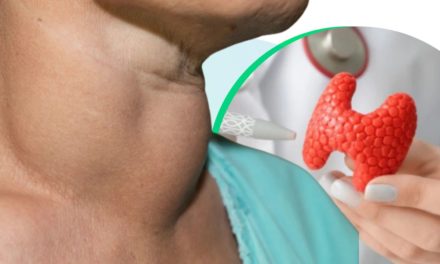Empower Yourself: Recognizing the Symptoms of Diabetes in Women
Recognizing the symptoms of diabetes in women is crucial for early detection and effective management of the condition. Here is a detailed explanation on how to empower yourself by recognizing the symptoms of diabetes in women.
1. Educate yourself:
By understanding the common symptoms of diabetes, you can empower yourself to recognize any potential symptoms. Learn about the various symptoms, risk factors and complications associated with diabetes in women. Knowledge is the first step towards taking control of your health.
2. Monitor blood sugar levels:
If you have a family history of diabetes or other risk factors, such as obesity or a sedentary lifestyle, it may be beneficial to monitor your blood sugar levels regularly. Is. This can be done through regular blood tests, including fasting blood glucose and HbA1c (glycated hemoglobin) tests. Monitoring your blood sugar levels can help identify any abnormal patterns and alert you to potential diabetes symptoms.
3. Pay attention to excessive thirst and urination:
Excessive thirst (polydipsia) and frequent urination (polyuria) are prominent symptoms of diabetes. If you find yourself constantly thirsty or needing to urinate more often than usual, it’s important to note these symptoms. Monitor your fluid intake and bathroom visits to spot any patterns that may indicate an underlying problem.
4. Track unexplained weight changes:
Significant weight loss or weight gain for no apparent reason can be a red flag for diabetes. Keep track of your weight and any fluctuations that may not be due to changes in diet or physical activity. Sudden weight loss can indicate uncontrolled diabetes, while weight gain, especially around the abdomen, can indicate insulin resistance.
5. Take Care of Fatigue and Weakness:
Chronic fatigue and weakness can be symptoms of diabetes, as the body’s cells are not getting enough energy due to insulin resistance or insufficient insulin production. If you continue to feel tired even after getting enough rest, it’s important to consider the possibility of diabetes.
6. Watch out for frequent infections:
Diabetic women are more prone to infections due to high blood sugar which creates a favorable environment for the growth of bacteria and yeast. Pay attention to recurrent urinary tract infections, vaginal yeast infections, or slow-healing skin infections. If you experience these infections more often than usual, it could be a sign of underlying diabetes.
7. Track Menstrual Irregularities:
Fluctuations in blood sugar levels can affect hormone balance and menstrual cycles in women with diabetes. Watch for any changes in the regularity, duration, or intensity of your periods. Irregular periods, long or heavy periods, or the absence of periods should be evaluated by a health care professional.
8. Monitor sexual health:
Diabetes can affect sexual health in women. If you’re experiencing erectile dysfunction, vaginal dryness, or difficulty achieving orgasm, it’s important to consider diabetes as a possible cause. These symptoms may be related to nerve damage, decreased blood flow, or hormonal imbalances associated with diabetes.
9. Be aware of vision problems:
Diabetes can affect the eyes and lead to various vision problems. Pay attention to any changes in your vision, such as blurred vision, floaters, or difficulty focusing. Regular eye examinations are recommended for women with diabetes to detect and manage any eye-related complications.
10. Recognize Gestational Diabetes:
If you are pregnant or planning to become pregnant, be aware of the risk of gestational diabetes. Monitor your blood sugar levels during pregnancy and be alert for symptoms such as excessive thirst, frequent urination and fatigue. Gestational diabetes can be managed with proper medical care and lifestyle changes.
Remember, while these symptoms may indicate the presence of diabetes, they can also be related to other health conditions. If you experience any of these symptoms or have concerns about your health, it is important to see a healthcare professional for proper diagnosis, evaluation and guidance to effectively manage your health. Consult a professional.










